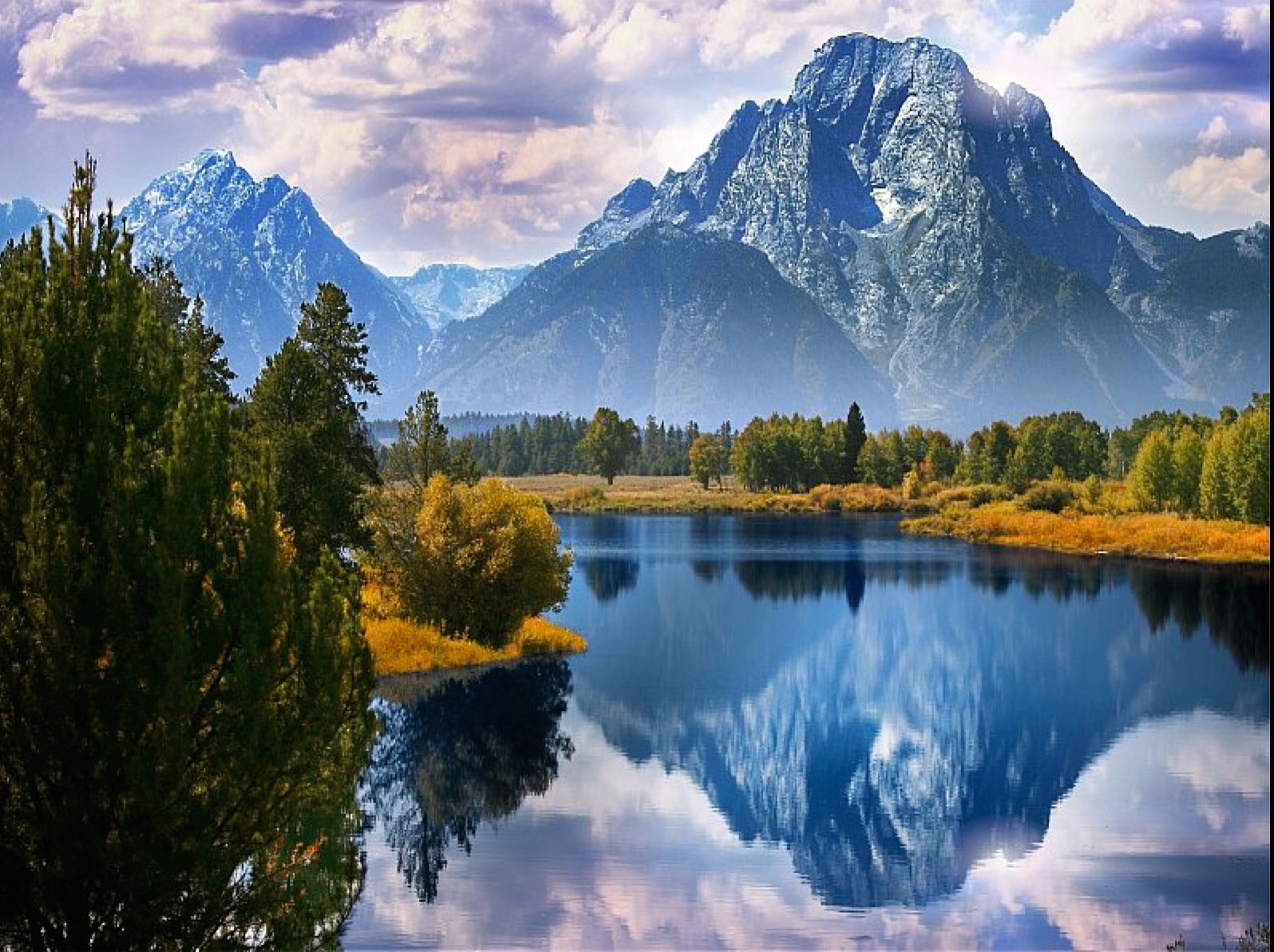Posts Tagged ‘Laudato Si’
Paradise Paradoxities
“He who has not looked on Sorrow will never see Joy.”
“… joy and sorrow are inseparable. . .
together they come and when one sits alone with you . . .
remember that the other is asleep upon your bed.”
~ Kahlil Gibran
“The deeper that sorrow carves into your being,
the more joy you can contain.”
~ Kahlil Gibran
“There is no coming to consciousness without pain.”
~ Carl Jung
“None can reach Heaven who has not passed through hell”
~ Sri Aurobindo -“Savitri,” Book II, Canto VIII.
“Only by joy and sorrow does a person know anything about themselves and their destiny.
They learn what to do and what to avoid.”
~ Johann Wolfgang von Goethe
He who binds to himself a joy
Does the winged life destroy;
But he who kisses the joy as it flies
Lives in eternity’s sun rise.
~ William Blake
“Out of suffering have emerged the strongest souls;
the most massive characters are seared with scars.”
~ Khalil Gibran

Paradise Paradoxities
We can not reach heaven
without passing through hell.
In duality domain
ev’ry pleasure’s
wrapped in pain.
Within each joy
is an oy/oy/oy.
So, when you’re feeling forlorn,
remember this:
Misery is the mother of Bliss.
Ron’s comment and recitation of “Paradise Paradoxities”.
Ron’s explanation and dedication of “Paradise Paradoxities”
Dear Friends,
The foregoing whimsical verses about paradox, pain and sorrow were composed after I began realizing that the most psychologically challenging experiences of my life had resulted in its greatest blessings.
I was an ‘up-tight’ secular litigation lawyer, until a heartbreaking midlife divorce sparked a previously unimaginable spiritual awakening, which proved a supreme blessing leading to meeting my beloved Guruji on the luckiest day of my life – and thereafter to previously unimagined happiness and fulfillment.
In retrospectively remembering the most difficult experiences of this lifetime I have adopted a philosophy that Cosmic harmony assures that (knowingly or unknowingly) everything happens in our best interests, because it affords us incentive and opportunity to evolve spiritually – which is our life’s purpose.
I have realized that though we may not be free to choose sometimes difficult or painful outer circumstances in our life, we are always free to choose our psychological attitude about those circumstances.
Thus every painful earth-life experience which arouses an elevated attitude can prove to be a disguised blessing, furthering our spiritual evolution toward ultimate transcendence of psychological suffering. And, the greater our suffering, the greater its potential blessing.
We’ve become students on the ‘Earth branch of the great Cosmic university’ to learn to open our hearts with kindness and compassion, and in universal communion with divine LOVE.
“[W]hen our hearts are authentically open to universal
communion, this sense of fraternity excludes nothing and no one.”
~ Pope Francis (from Laudato Si climate encyclical message)
So paradoxically, life’s most painful and difficult experiences can often prove the biggest blessings, because they bestow greatest evolutionary incentives and opportunities. For most of us suffering is an indispensable incentive to spiritual evolution – “no pain, no gain”.
“There is no coming to consciousness without pain.”
~ Carl Jung
“Out of suffering have emerged the strongest souls;
the most massive characters are seared with scars.”
~ Khalil Gibran
“None can reach Heaven who has not passed through hell”
~ Sri Aurobindo -“Savitri,” Book II, Canto VIII.
And our spiritual evolution requires non-resistant acceptance or ‘surrender’ to earth-life’s inevitable ups and down. Instead of resisting life’s ever changing currents, we must learn to “go with the flow”. Everyone wants happiness. But we must learn to avoid attachment to pleasures which will inevitably bring pain.
“Life is a series of natural and spontaneous changes. Don’t resist them – that only creates sorrow. Let reality be reality. Let things flow naturally forward in whatever way they like.”
~Lao Tzu
He who binds to himself a joy
Does the winged life destroy;
But he who kisses the joy as it flies
Lives in eternity’s sun rise.
~ William Blake
The foregoing quotations and whimsical “Paradise Paradoxities” lines can remind us of the foregoing principles.
May they spur our spiritual ascensions to higher dimensions – to universal communion with divine LOVE!
And so may it be!
Ron Rattner

